We’re proud at NCA to begin our celebration of National Native American Heritage Month with an account of the Navajo-Americans who served the Marine Corps in World War 2. Today, I am honored to introduce you to Sue Jehlen, the cemetery director of Rock Island National Cemetery in Illinois. She will share with us what exactly the Code Talkers did and what their impact was.
While so many Native Americans have worn the uniform with honor and distinction, the story of the Code Talkers is unique in the history of Native Americans’ contributions. It is an example of how they could bring something from their from their community, something so intrinsic to their identity, to their patriotic service: the language they grew up speaking at home.
The Code Talkers came from a generation of Native Americans in which there were still great numbers of native speakers of their traditional language. Sadly, many of these native-speakers of Native American languages are passing away, taking the knowledge of their language with them, and all the cultural history within it. Language extinction is an area of serious concern among many Native American communities across our nation. Consequently, many Native American nations are finding innovative ways to restore language education in tribal schools, but some languages are unfortunately already lost.
The story of the Navajo Code Talkers remind us how this unique, irreplaceable linguistic heritage saved lives in the toughest of times.
[Sue’s words follow.]Rock Island National Cemetery is the final resting place for John Junior Willie (born April 21, 1920 and died July 20, 1962) who served during World War II as one of the 29 original Navajo Code Talkers. The Japanese were proficient in intercepting military radio communications and transmissions and, therefore, were able to decipher military codes with a high degree of success. Philip Johnston, a World War I Veteran and civil engineer had grown-up on a Navajo reservation as his father was a missionary, and was one of less than 30 non-Native people of his generation who could speak Navajo fluently. At the time, it was still an unwritten language and, because of its syntax and tonal qualities not to mention dialects, was unintelligible to anyone without exposure and training. In other words, the Navajo language does not operate around the same patterns of expression as languages more widely known outside of the Americas. Mr. Johnston thought it would make the perfect language as a code that would not be easily broken, if at all.
Twenty-nine Navajo men became Marines in May of 1942, stationed at Camp Pendleton in California, and created this secret military code, after Johnston had completed testing his theory:
Roy L. Begay
Samuel H. Begay
John Ashi Benally
Wilsie H. Bitsie
Cosey S. Brown
John Brown, Jr.
John Chee
Bejamin Cleveland
Eugene R. Crawford
David Curley
Lowell S. Damon
George H. Dennison
James Dixon
Carl N. Gorman
Oscar B. Ilthma
Alan Dale June
Alfred Leonard
Johnny R. Manuelito
William McCabe
Chester Nez
Jack Nez
Lloyd Oliver
Joe Palmer
Frank Denny Pete
Nelson S. Thompson
Harry Tsosie
John Willie
William Dean Wilson
By the end of World War II, there were over 400 Navajo Marines had been trained and used the developed code book. At the Battle of Iwo Jima, Major Howard Connor, a signal officer in the 5th Marine Division, had six Navajo code talkers working around the clock the first two days of the battle. These men sent and received over 800 messages without error. Major Connor stated, “Were it not for the Navajos, the Marines would never have taken Iwo Jima.”
The Navajo Code Talkers remained a secret operation until the program’s declassification in 1968. Surviving Code Talkers were officially recognized for their service in 2001. President Bush hailed the code talkers as men “who, in a desperate hour, gave their country a service only they could give.” After his remarks, President Bush presented a gold medal to each veteran Code Talker, sharing a moment to listen to them describe their service.
John Brown, Jr., addressed the audience, speaking at length about how thankful he was to be honored, his pride in his fellow code talkers, and how important it was to remember the “ultimate sacrifice” paid by the many Americans who lost their lives during the war. After speaking in Navajo for an extended period, Brown received a round of laughter when he joked, “Maybe Japan is listening!”
Sample of “Code”:
| Meaning in “Code” | Navajo-Language Word | Meaning in Navajo |
| Corps | Din-neh-ih | clan |
| switchboard | ya-ih-e-tih-ih | central |
| dive bomber | gini | chicken hawk |
| torpedo plane | tas-chizzie | swallow |
| observation plane | me-as-jah | owl |
| fighter plane | da-he-tih-hi | humming bird |
| bomber | jay-sho | buzzard |
| Alaska | Beh-hga | with-winter |
| America | Ne-he-Mah | our mother |
| Australia | cha-yes-desi | rolled hat |
| Germany | Besh-be-cha-he | iron hat |
| Philippines | Ke-yah-da-na-lhe | Floating Land |
Table Courtesy of the National Archives
John Junior Willie’s Headstone, which you can find at Section L, Site 328, Rock Island National Cemetery.

Grave site of John Junior Willie, a Marine Corps Nav[caption id="attachment_32272" align="alignleft" width="137"]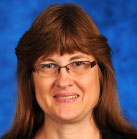
Topics in this story
More Stories
With help from VBA and NCA, an administrative correction honored a WWII soldier's service and Jewish identity.
Carry The Load, an organization dedicated to remembering the fallen, will visit 34 VA National Cemeteries traveling 20,000 miles along five separate routes covering all continental 48 states known as the National Relay for Memorial May 2024.
As part of the Veterans Legacy Program, NCA is awarding grants for a maximum of $400,000 per awardee to qualifying educational institutions and non-profit organizations (501c3).

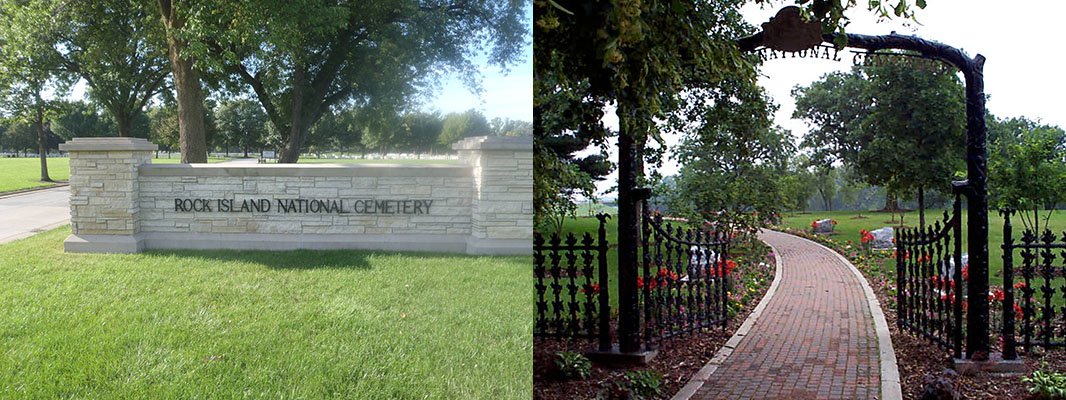


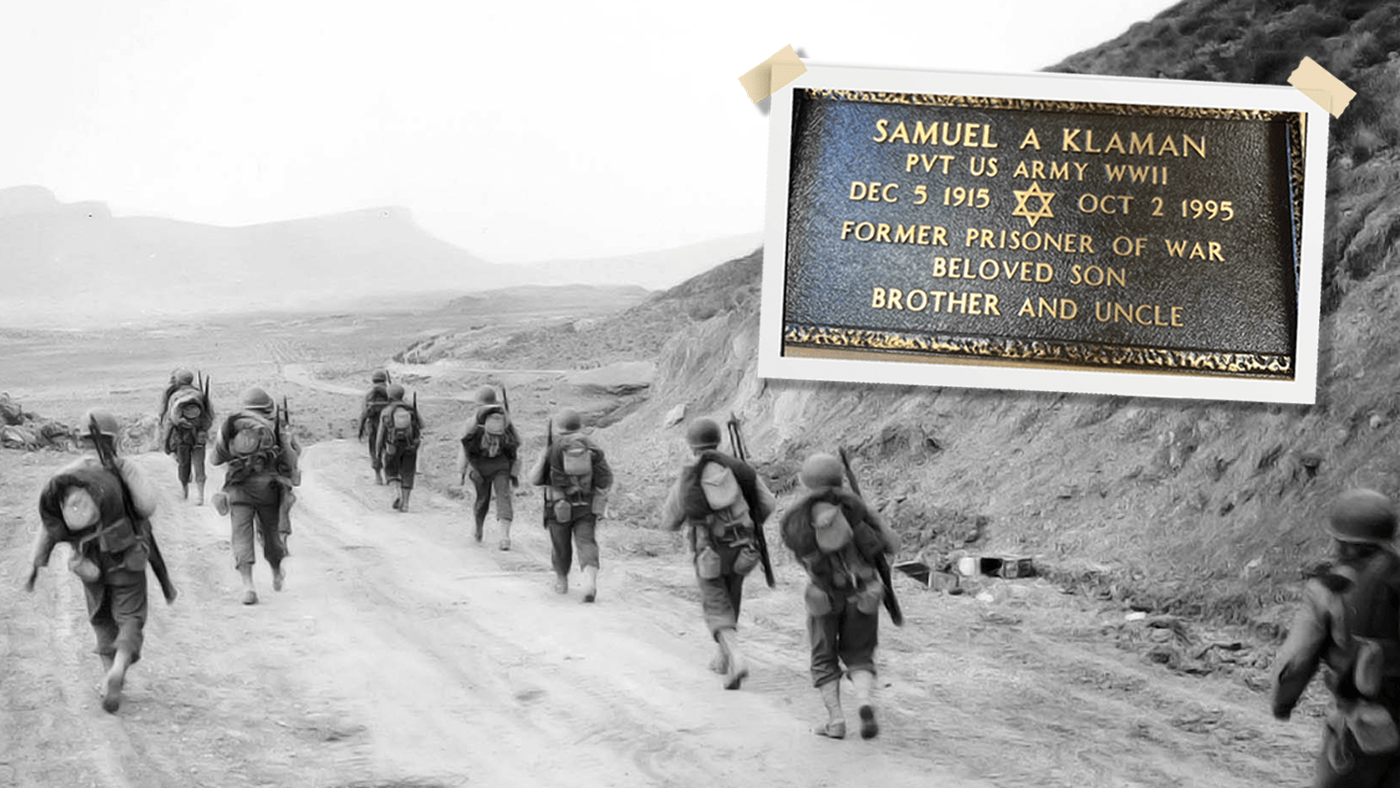
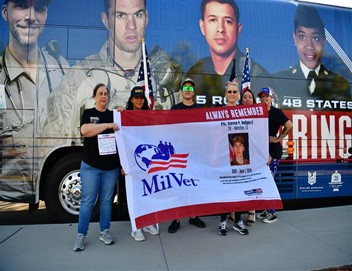
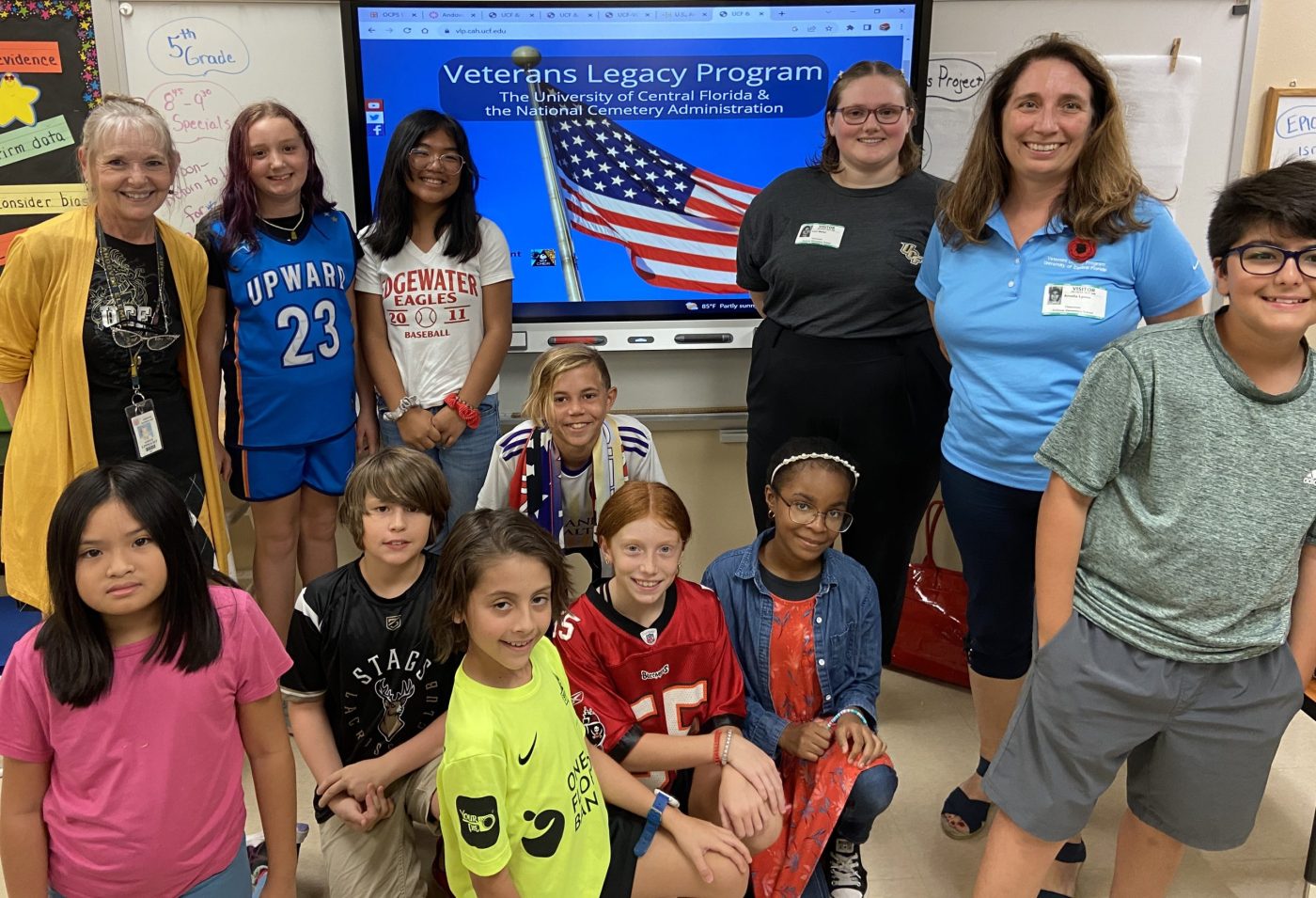


Hi,
I work with a granddaughter of one of the men listed. She said her grandfather’s name is misspelled. She said it is spelled Cozy S. Brown, not Cosey S. Brown. Thank you for the article.
I was a SeaBee during Vier Nam and I am so proud of our Native American war warriors. They saved a lot of our brothers and sisters in arms.
Respectfully, Jim Loney.
I didn’t know this part of American war history. This history should be told to all sport teams that have Indians as mascots. Proud people, proud people they shouldn’t be mascots.
April of 2008 I met the following Code Talkers in Old Town,Albuquerque and I was very proud to talk with them,Because
this was once in a life time for me and knowing about they had done doing World War II.
Alfred Peaches,Jack Jones,Chester Nez,Alfred Newman,Albert Smith,Samuel Tso,Keith Little,Wilford Buck,Samuel Smith,
Bill Toledo,Jimmy Begay and Kee Etsicitty.
NOTE:
I have the book, IT HAD TO BE DONE AND ALL OF THEM SIGNED THE BOOK.
OLIN SYLVESTER
This should Really be Posted to say Facebook…Great Article !!
The collective efforts of the Native American code talkers in WWII helped turn the tide saving countless lives in the process. What is ironic about this recognition is America took the Native Amercan’s land and almost destroyed thier culture/language under the self-serving “Manifest Destiny” doctrine. I believe America still owes the Native American people so much more.
In fact, if America still believes the Nelson Mandela humanitarin movement in South Africa was morally justified, why isn’t America so moved by the same alturism here? What’s good for the goose is good for the gander The high profile recognition of the Navajo Code Talkers along with the Comanche, and all other Native American particpants, is a wonderful gesture and should serve as a reminder of the fact America took the Native American’s land from them and tried to destroy them through forced assimilation.
Thanks again, Phil Howry
Member: Comanche Nation of Oklahoma
Well stated. America could start by dismantling its racist professional sports mascots and logos.
I am a retired Marine from the Vietnam Nam area. I am so very proud of these American Indian Marines and how they gave their whole soul to fight for their country. I am 1/4th Souix, and my grandfather was so afraid to register his race because of the discrimination that he would have to endure. There Navajo Marines endured harassment & still were very proud warriors for our country.
Our email is at this link. https://news.va.gov/how-to-submit-a-guest-post/ There is also information in case you would like to submit a guest blog.